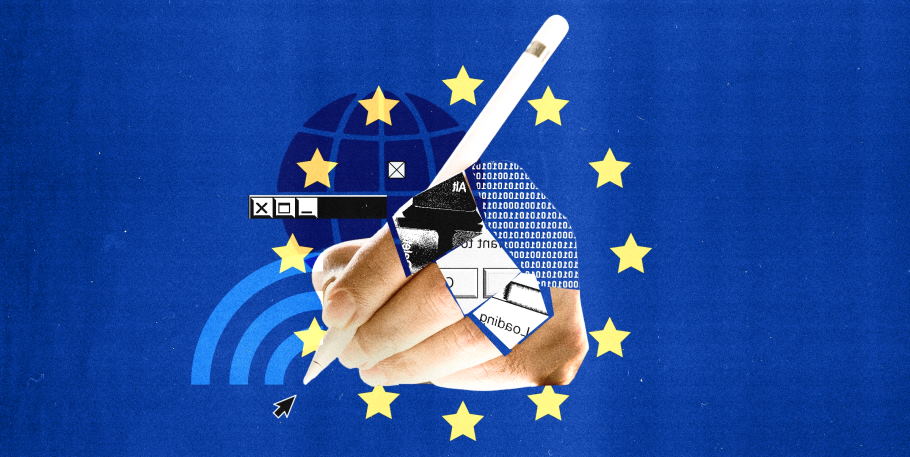As the Internet of Things (IoT) continues to revolutionize global industries, we’re seeing a dramatic shift in how countries around the world are approaching IoT policy. In Europe, these changes have become particularly noticeable due to the European Union’s (EU) widespread influence and its networked economy, largely composed of member states with varying levels of IoT development. Whilst businesses seeking to expand services into new markets will undoubtedly benefit from the freedom IoT technology provides, there is still need for careful consideration of regional regulations and data privacy concerns that could prevent a successful rollout. This blog post uncovers what’s been happening across Europe on this key issue and looks at some ground-breaking initiatives paving the way towards greater harmonization between EU countries regarding their approaches to managing associated risks – ultimately creating an expansive ecosystem where innovation can thrive without compromise.
Impact of Europe’s pioneering internet of things policy on innovation and technology
The European Union’s pioneering Internet of Things (IoT) policy has had a far-reaching impact on innovation and technology in Europe and worldwide. By creating an environment that emphasizes collaboration and investment in digital technologies, the EU has enabled entrepreneurs and innovators to take advantage of its resources to launch, develop, and expand their businesses.

The IoT policy has introduced new standards for data security, privacy, interoperability, scalability, energy efficiency, and sustainability. This framework helps create a level playing field where businesses can compete on equal terms regardless of size or location. As the IoT continues to grow in importance in Europe, it is becoming clear that these standards are essential for ensuring trust between users and service providers.
In addition, the EU’s commitment to investment in research and development has encouraged companies to invest in innovative products and services. This has resulted in a number of European-developed products and services that are now used globally. The EU’s policy has also helped create an attractive environment for entrepreneurs and investors, fueling innovation across Europe.
Finally, the IoT policy has also enabled businesses to use data more efficiently by enabling them to use machine learning algorithms and other forms of artificial intelligence (AI). By connecting devices, businesses can gain insights from large amounts of data faster than ever. This not only helps businesses become more efficient, but it also creates new opportunities for growth and revenue.

Future of smart device security: the EU’s comprehensive plan for improved cyber protection
The European Union (EU) has recently taken steps to ensure the safety of its citizens in a digital world. The EU aims to increase cyber security and protect smart devices from malicious actors through new legislation. This includes:
- Strengthening data protection laws by introducing more sophisticated encryption methods and better monitoring and detection tools for identifying data breaches.
- Establishing a comprehensive framework to help tackle cyber threats across different sectors, including healthcare, transport, energy, finance, and telecommunications.
- Developing standards for authentication and secure user data storage on smart devices.
- Introducing better access control measures such as two-factor authentication and biometric identification.
- Working closely with governments and the private sector to develop an effective security policy and a coordinated response in the event of a cyber attack.
- Promoting awareness of cyber threats among users by regularly updating security best practices, such as using unique passwords for different accounts.
The EU’s commitment to improving smart device security is essential for protecting citizens from malicious actors and ensuring the safety of their data. By introducing new legislation and providing guidance on protecting devices from cyber criminals, the EU is taking steps toward creating a safer digital world for all its citizens.
![The [204] Design Collective](https://www.the204designcollective.com/wp-content/uploads/PIC-LOGO_2.png)



